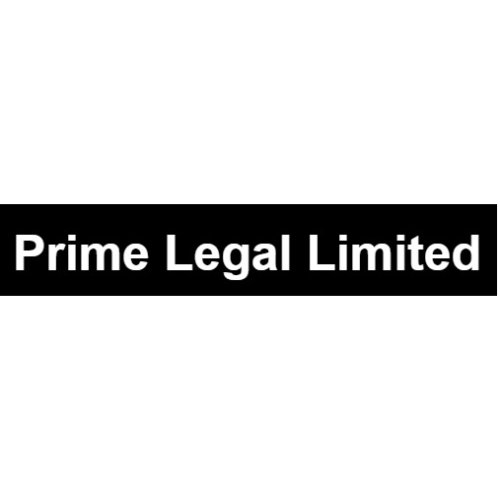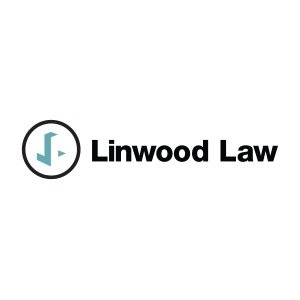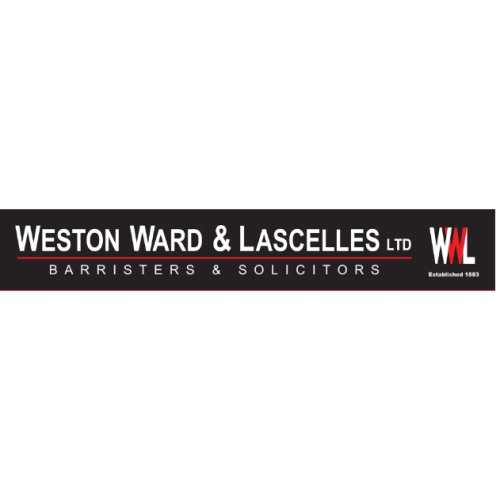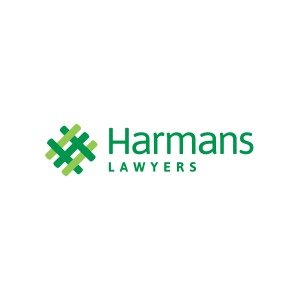Best Child Abuse Lawyers in Christchurch
Share your needs with us, get contacted by law firms.
Free. Takes 2 min.
Free Guide to Hiring a Family Lawyer
List of the best lawyers in Christchurch, New Zealand
About Child Abuse Law in Christchurch, New Zealand
In New Zealand, child abuse is a serious crime that is strongly prosecuted. The Children, Young Persons, and Their Families Act of 1989 provides the legal framework for child protection. It emphasizes the welfare and best interests of children and young individuals, particularly safeguarding them from harm, abuse, and neglect. Christchurch, being a part of New Zealand, strictly abides by these laws.
Why You May Need a Lawyer
Child abuse cases are complex and emotionally draining. It’s not uncommon to need legal assistance if you believe a child is being abused, if false allegations of abuse have been made against you, or if you’re a professional dealing with a case involving suspected child harm. Lawyers specialized in child abuse can navigate the legal system, advocate for the rights of children or the accused and coordinate with child protection services or the court system. They can also accurately represent your interests and defend your rights in court if necessary.
Local Laws Overview
According to New Zealand law, child abuse, whether physical, sexual, emotional or involves neglect, is illegal. The law prioritizes the child's welfare and safety when determining their residence or contact with individuals accused of abuse. In some instances, even failing to report child abuse is punishable by law. Moreover, professionals working with children are legally required to report any suspicions of child maltreatment.
Frequently Asked Questions
What constitutes child abuse under New Zealand Law?
Under New Zealand law, child abuse can be physical, sexual or emotional, or involve neglect. It includes causing harm, ill-treatment, abuse, neglect, or deprivation of any child or young person.
What should I do if I suspect a child is being abused?
If you suspect a child is in immediate danger, call the police straightaway. If you believe a child is being abused but is not in immediate danger, report your concerns to Oranga Tamariki-the Ministry for Children. In both cases, consulting with a lawyer can help you understand the situation as well as your rights and responsibilities.
Is it mandatory to report suspected child abuse?
Yes, professionals who work with children are legally required to report any suspicions of child abuse. Even individuals who don't legally have this obligation are strongly encouraged to report suspected child abuse to protect the child’s welfare.
Can I get legal aid for a child abuse case?
Legal aid is generally available for individuals who cannot afford an attorney in serious legal matters, including child abuse cases. Check with a local legal aid office to determine your eligibility.
What can a lawyer do in a child abuse case?
A lawyer can provide advice, represent you in court, help you report abuse or respond to allegations, work out protective arrangements for the child, and liaise with child protection services and other parties involved in the case.
Additional Resources
Oranga Tamariki-The Ministry for Children, the New Zealand Police, and community organizations such as Child Matters are some of the local resources available if you suspect child abuse. They provide various services and advice related to child safety and welfare. Attending Child Protection Training programs can also equip you with skills and knowledge to respond effectively to child abuse issues.
Next Steps
If you need legal assistance in a child abuse case, consider seeking advice from a lawyer experienced in child abuse law in Christchurch. They can assess your case, explain your options, and help you navigate through the legalities of your situation. While dealing with such situations can be challenging, understanding your legal options is a crucial first step.
Lawzana helps you find the best lawyers and law firms in Christchurch through a curated and pre-screened list of qualified legal professionals. Our platform offers rankings and detailed profiles of attorneys and law firms, allowing you to compare based on practice areas, including Child Abuse, experience, and client feedback.
Each profile includes a description of the firm's areas of practice, client reviews, team members and partners, year of establishment, spoken languages, office locations, contact information, social media presence, and any published articles or resources. Most firms on our platform speak English and are experienced in both local and international legal matters.
Get a quote from top-rated law firms in Christchurch, New Zealand — quickly, securely, and without unnecessary hassle.
Disclaimer:
The information provided on this page is for general informational purposes only and does not constitute legal advice. While we strive to ensure the accuracy and relevance of the content, legal information may change over time, and interpretations of the law can vary. You should always consult with a qualified legal professional for advice specific to your situation.
We disclaim all liability for actions taken or not taken based on the content of this page. If you believe any information is incorrect or outdated, please contact us, and we will review and update it where appropriate.

















